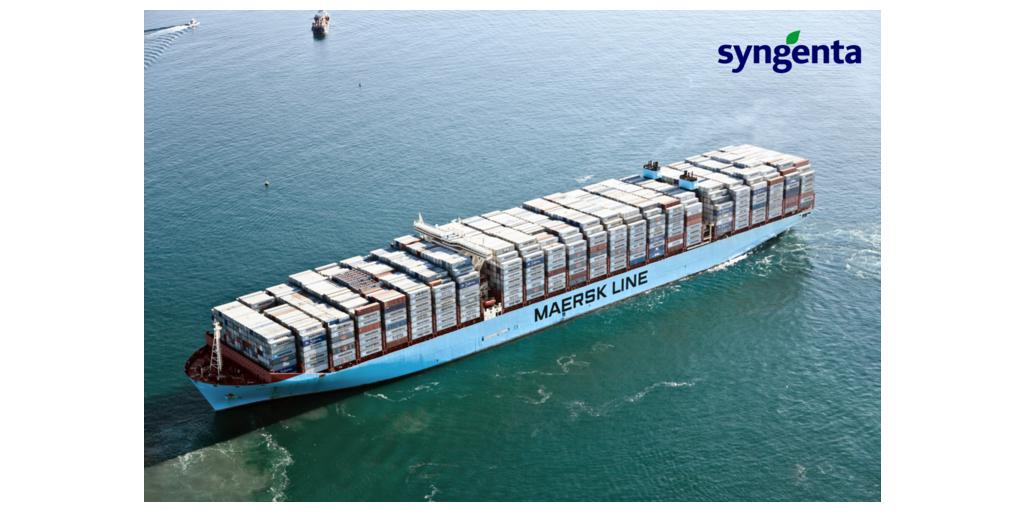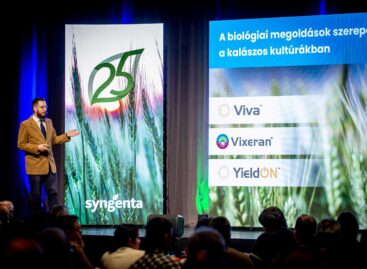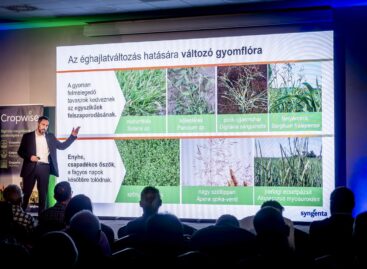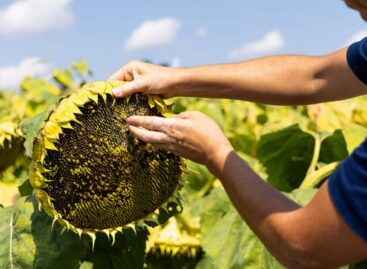Syngenta to Reduce Carbon Impact of Ocean Shipping with Maersk’s ECO Delivery
Syngenta finalizes agreement with Maersk for ocean transport using biofuel for a Europe-US shipping route.

Syngenta Crop Protection, a leader in agricultural innovation, is to reduce its greenhouse gas (GHG) emissions from its logistics operations by using Maersk’s ECO Delivery solution for its ocean shipments. This follows the finalization of an agreement for the transport of containers using biofuel for a Europe-US shipping route in 2024.
Maersk’s ECO Delivery solution offers Syngenta the ability to handle its global ocean shipments with certified biofuels which burn cleaner than conventional fossil fuels, resulting in less GHG emissions. All the biofuel used is certified by the International Sustainability and Carbon Certification (ISCC).
“Our partnership with Maersk is based on a common commitment towards sustainable logistics,” said Mike Hollands, Head of Global Supply at Syngenta Crop Protection. “We’ve been energized by our collaboration in ECO Delivery and other carbon emission reduction solutions, and are pleased to move closer together towards eventual zero carbon shipping for a more sustainable future,” he added. Maersk and Syngenta have also collaborated on an Emissions Dashboard creation, a digital innovation for GHG emissions reporting and data analytics.
Globally, shipping accounts for around 3 percent of global greenhouse gas emissions, and contributes to assessments of a company’s carbon emissions commonly known as Scope 3 emissions. These measure the level of greenhouse gas emissions for which an organization is indirectly responsible for, up and down its value chain.
Syngenta has already made significant headway in the reduction of carbon emissions for its own operations and from the electricity and energy it consumes – known as Scope 1 and Scope 2 emissions. In February, the U.S. Environmental Protection Agency recognized Syngenta’s manufacturing facility in St. Gabriel, Louisiana, as one of the top 100 users of green power in the country.
Related news
Drought, poor harvest, technological breakthroughs – this is how the 2025 agricultural season ended
🎧 Hallgasd a cikket: Lejátszás Szünet Folytatás Leállítás Nyelv: Auto…
Read more >Related news
GDP growth in OECD member countries slowed to 0.3 percent in the last quarter of last year
🎧 Hallgasd a cikket: Lejátszás Szünet Folytatás Leállítás Nyelv: Auto…
Read more >KSH: in the fourth quarter of last year, investment performance was 1.3 percent lower than a year earlier
🎧 Hallgasd a cikket: Lejátszás Szünet Folytatás Leállítás Nyelv: Auto…
Read more >









